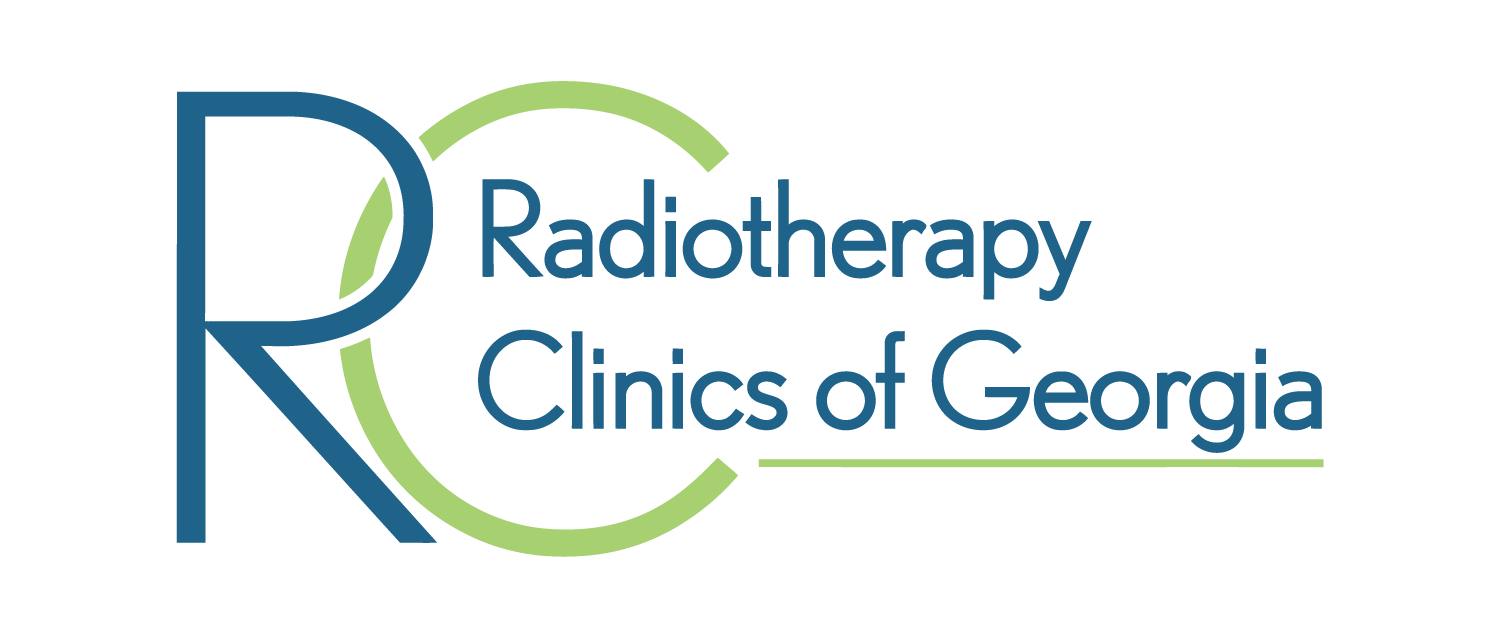
Lung cancer remission is an exciting time, but it's not uncommon for patients to worry about the possibility of the cancer returning. Even with the recent improvements in lung cancer treatment, it can still come back.
If lung cancer has recurred, you may notice symptoms. However, it’s best to catch recurrence early by attending all follow-up oncology appointments. These visits make it possible for your oncologist to monitor any changes through blood tests and imaging scans, which can detect new cancer growth. Even with regular follow-up appointments, it’s also a good idea to know the signs of lung cancer recurrence. If you notice any symptoms, schedule an appointment at the cancer center as soon as possible.
Understanding Recurrent Lung Cancer
Being in remission means there are currently no signs of cancer. However, even after lung cancer has gone into remission, cancer cells can remain in the body undetected. Over time, these cells may develop into localized cancer or spread throughout the body. Both genetic factors and lifestyle choices can increase the risk of cancer returning.
Remission can last months to years or even for the rest of a person's life. Recurrent lung cancer is when lung cancer comes back after treatment. Several factors affect the chance of lung cancer returning, including the type of cancer and its stage at diagnosis.
Patients with small cell lung cancer (SCLC) are more likely to see their cancer return than those with non-small cell lung cancer (NSCLC). Because small cell lung cancer is usually found at a later stage, recurrence usually happens within one to two years after the first diagnosis.
For non-small cell lung cancer, the chance of recurrence depends on the cancer’s stage at diagnosis:
- Stage I: 5% to19% of patients may see a recurrence
- Stage II: 11% to 27% of patients may see a recurrence
- Stage III: 24% to 40% of patients may see a recurrence
NSCLC generally recurs within five years after diagnosis.
How the Type of Recurrence Affects Prognosis
Lung cancer can come back in three main ways, each affecting prognosis differently:
- Local recurrence: This occurs when cancer returns near the original site of the tumor.
- Regional recurrence: In this case, cancer reappears in nearby lymph nodes or tissues.
- Distant recurrence: The cancer spreads to far-off areas of the body, such as the brain, bones, adrenal glands, or liver.
If recurrence is suspected, doctors will perform tests to determine where the cancer is located in the body. The more localized the cancer when it recurs, the better the prognosis. Typically, patients with recurrent NSCLC have a better five-year survival rate than those with recurrent SCLC.
Common Signs of Recurrent Lung Cancer
In addition to routine oncology checkups, you must also tell your oncologist immediately if you notice any unusual symptoms between visits. Symptoms can vary based on where in the body the cancer is growing.
Common signs that may indicate a lung cancer recurrence include:
- Coughing up blood
- Persistent cough
- Unexplained weight loss
- Visual disturbances and dizziness
- Chronic fatigue
- Difficulty breathing, wheezing, or shortness of breath
If lung cancer spreads to distant locations, such as the brain, bones, or liver, additional symptoms may include:
- Confusion
- Lack of coordination
- Pneumonia
- Itchiness
- Pain in the chest, back, arms, legs, shoulders, or abdomen
- Weakness on one side of the body
- Jaundice, or yellowing of the skin and eyes
While these symptoms may also be caused by conditions other than cancer, it’s important to consult a doctor for an accurate diagnosis.
Learn more about the signs and symptoms of lung cancer.
Lowering Your Risk of Lung Cancer Recurrence
Certain risk factors increase the likelihood of developing lung cancer over a lifetime, with smoking being the most critical. If you smoke, the best way to reduce the chances of a recurrence is to quit. Other risk factors associated with lung cancer recurrence include:
- Family history of lung cancer
- Exposure to radon or asbestos
- Arsenic in drinking water
- Air pollution
- Prior radiation therapy to the lungs
- Inhaling secondhand smoke
Learn more about the 5 Lung Cancer Causes That Non-Smokers Should Be Aware Of.
Treatment Options for Recurrent Lung Cancer
Several treatment options are available for patients whose lung cancer returns. Your oncologist will assess your unique situation and recommend a lung cancer treatment plan based on your preferences, which may include one or more of the following:
- Chemotherapy: This is a standard treatment for recurrent lung cancer. Since recurrent cancer can mutate and respond differently, your lung cancer specialist may suggest alternative chemotherapy drugs.
- Targeted therapy: This relatively new treatment option is available for patients with recurrent non-small cell lung cancer. Your oncologist may conduct biomarker (genomic) testing on the tissue collected to confirm the recurrence and identify specific genetic mutations that can drive cancer growth. Certain targeted therapy drugs are available for common genetic mutations.
- Radiation therapy: If the lung cancer recurrence is localized, and you did not receive radiation in your previous treatment plan, radiation can be used. It may also be used to shrink tumors that have developed in other areas of the body or to alleviate symptoms caused by cancer (palliative radiation therapy). The use of radiation in the chest area for recurrent cancer will depend on how much radiation was given during the initial treatment. If radiation is part of your treatment plan, you will likely receive external radiation therapy, which uses high-intensity beams precisely directed at affected areas.
- Surgery: While not a common approach for treating recurrent lung cancer, surgery may be an option if the recurrence is localized.
Read more to learn about What to Expect from Lung Cancer Radiation Therapy
Recurrent Lung Cancer Treatment in the Atlanta Area
If you live in the Atlanta area, we can assist with radiation therapy for recurrent lung cancer in or around Conyers, Covington, Decatur, and Snellville.
Request an appointment at one of our convenient locations and consult with our experienced radiation oncologists. We will work with you to develop the best treatment plan while ensuring it is easily accessible from your home.



